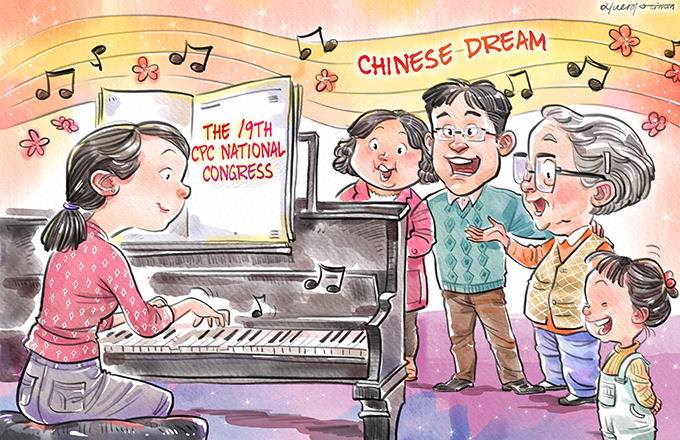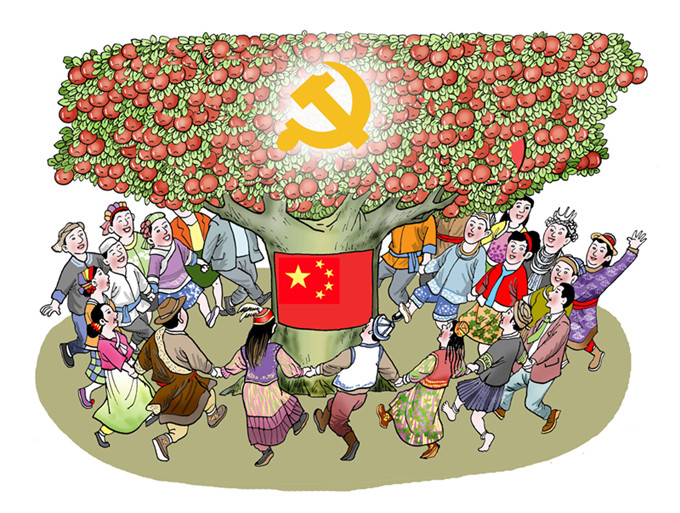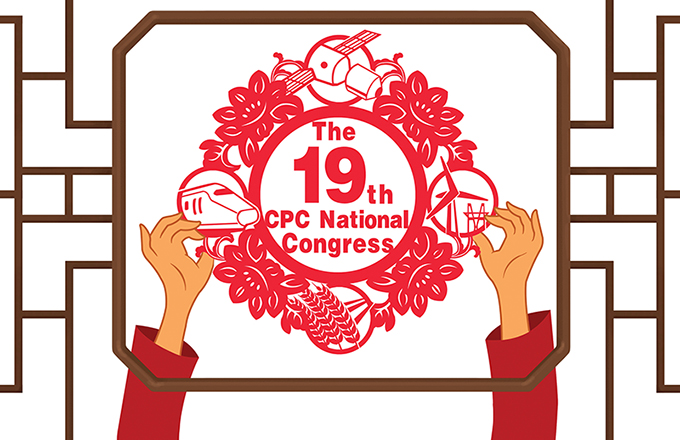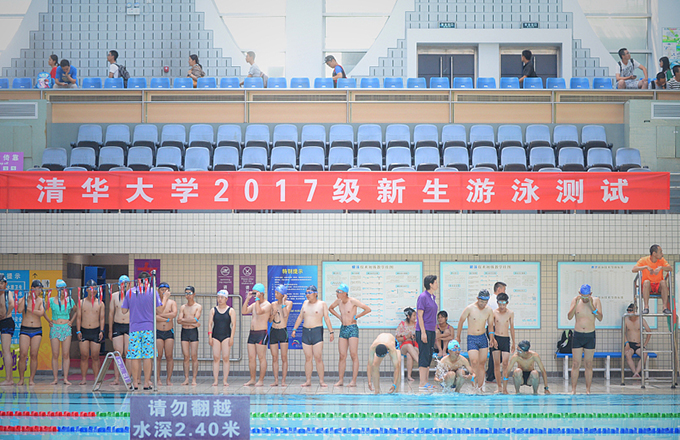Aging population is driving modernization
 |
| SONG CHEN/CHINA DAILY |
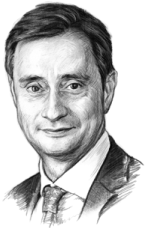 |
|
Robin Niblett, director of the Royal Institute of International Affairs at Chatham House [Photo/China Daily] |
Modernization, urbanization and the breakneck speed of economic development have been China's most remarkable achievements in the past five years, according to the head of a policy institute based in London.
Speaking ahead of the 19th National Congress of the Communist Party of China, Robin Niblett, director of the Royal Institute of International Affairs at Chatham House, said the most visible demonstration of the country's economic growth has been the rise of modern 21st-century cities.
"Whether you go to Beijing or Chengdu (capital of Sichuan province), you feel you are in more modern areas than in many parts of Europe or the United States," he said.
Niblett attributes China's sense of urgency to the fact the country is "rushing to grow rich before it grows old", which he believes is normal due to the advance of an aging population, as has been seen in Japan and South Korea.
To sustain growth, he said China needs to build up the infrastructure of social support and social services for the elderly.
For China to transition from relying on investment and exports for economic growth to consumption and innovation, it requires the type of education policy that encourages creativity and independence as well as governance policy that allows companies to invest privately in the long term, he said.
The 19th CPC National Congress that happens twice every decade is likely to reveal a new lineup of leaders for the next five years and beyond.
President Xi Jinping, who is also general secretary of the CPC Central Committee, is one of the most influential Chinese leaders in decades, according to Niblett. Yet as an outsider looking in at this Party Congress, he said he is interested to see how Xi will appoint a new cohort of officials under him to "take China through this next stage of economic development".
Niblett depicts Xi as someone who embodies "a level of self-confidence, and a level of ambition that characterizes the China of today and probably of the next 10 to 15 years".
Since Xi took office in 2012, the nation's anti-corruption campaign has been at the forefront of his leadership. Niblett said analysts in Europe are closely observing whether the Chinese government will continue tackling corruption over the next five years or will shift their focus more to economic reform.
As the United Kingdom negotiates over its departure from the European Union, Niblett said the country is focused inward, yet he is confident China will continue to be interested in investing in the UK.
He sees a stark difference between Chinese investors and those from Japan and South Korea. Investors from the latter two largely invest in the UK as a platform to access EU markets, whereas investors from China tend to use the country as a springboard for the whole world, he said.
Chinese companies are demonstrating an ability to make giant leaps in technology because of the massive home market for technology products, added Niblett.
He has traveled to China many times, visiting many cities. He said what struck him most was a trip to the Great Wall, which reminded him that once China tried to keep the world out, but now is letting the world in.





